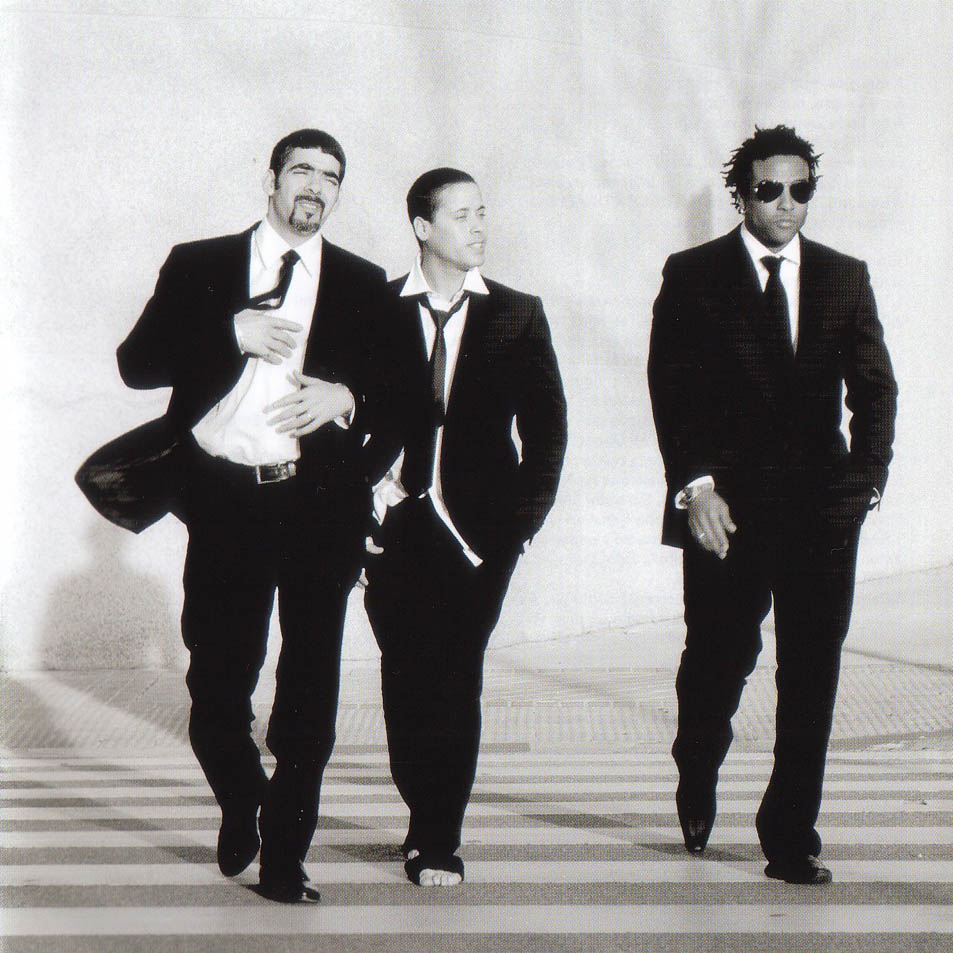Words by DJ EFN
A cornerstone of Miami’s underground rap scene and the creator and producer of Coming Home, a documentary on Cuban hip-hop through the lens of Cuban-born Americans returning home for the first time, DJ EFN drops his debut album, Another Time, today. You can stream the album, which features a massive guest list of all-star MCs that stretches from Scarface to Spragga Benz, in full here. In light of the release and EFN’s role as an ambassador of his island’s culture, we tapped him for a rundown of the most essential Cuban MCs and rap groups, both on-island and off.
The island of Cuba has a long and deeply intertwined history with the United States that dates back to colonial times. Though it doesn’t stretch quite as far back, hip-hop and Cuban culture have a deeply rooted connection of their own.
The 1983 Oliver Stone film Scarface, which depicts a Cuban refugee’s rise from rags to drug-hustling riches, became a cult classic due largely to hip-hop artists’ identification with Al Pacino’s ambitious Tony Montana character. The movie is so revered by hip-hop that the culture has practically claimed it as its own, despite the lack of any rap on Giorgio Moroder’s soundtrack.
But the link between hip-hop and Cuba is broader and more profound than a violent drug movie. Hip-hop was one of the first intercultural exchanges that defied the steadfast U.S. embargo on the communist island nation. First, the music crept in through radio waves, then the culture was smuggled in through bootleg tapes and, finally, hip-hop sent ambassadors in the form of artists such as Dead Prez, Fat Joe, Tony Touch and Mos Def in a series of festivals that started in the mid 90’s.
Cuban-Americans are also among the pioneers of the culture in the U.S.: Bronx-born DJ Disco Wiz, the son of a Cuban mother and Puerto Rican father, is generally credited as hip-hop’s first Latino DJ. So it was only natural that Cubans living on the island would use hip-hop to express their daily plight. Although the ideologies among Cubans in the U.S. and those back home sometimes differ, one constant was the strong sense culture and connection to their Cuban roots.
I myself was born in the U.S. to Cuban parents and, like many Cuban-born Americans, I had a strong sense of being Cuban—perhaps as much as those born on the island. This would come through in my music as a pioneering mixtape DJ from Miami and, later, in my film series, Coming Home, which began with a visit to my parents’ birthplace at a time when it was still very taboo for Americans (especially Cuban Americans) to travel there. Exploring Cuba through hip-hop culture, I saw first-hand how much hip-hop has influenced Cuba, and how Cuba has influenced the U.S. The experience inspired me to travel the world, exploring other countries through their hip hop scenes.
Cubans have had a huge impact on entertainment, spawning some of the world’s best-known talents, both in front of, and behind the scenes. Hip-hop is no different, so here are some of Cuba’s most notable contributions to the culture.












